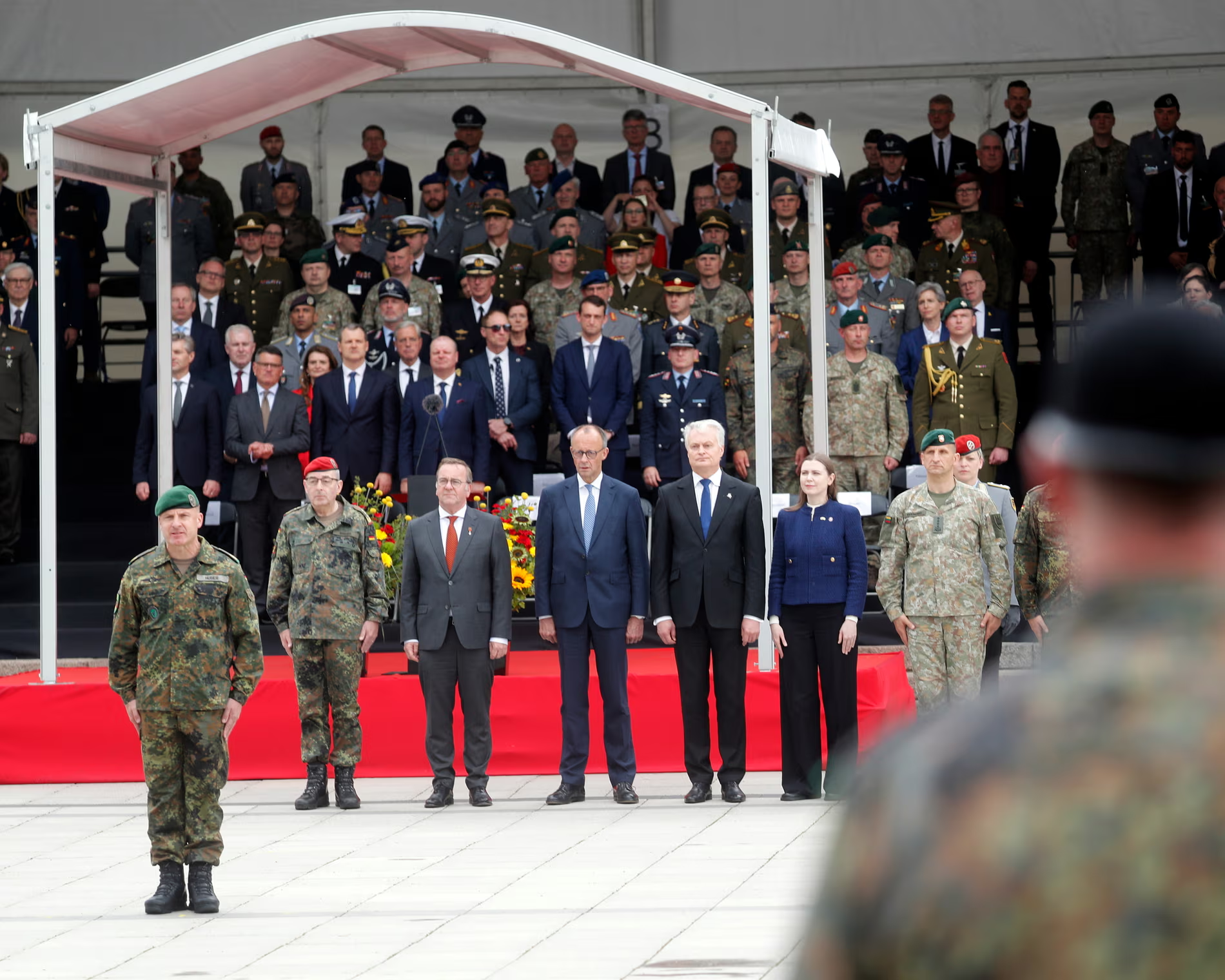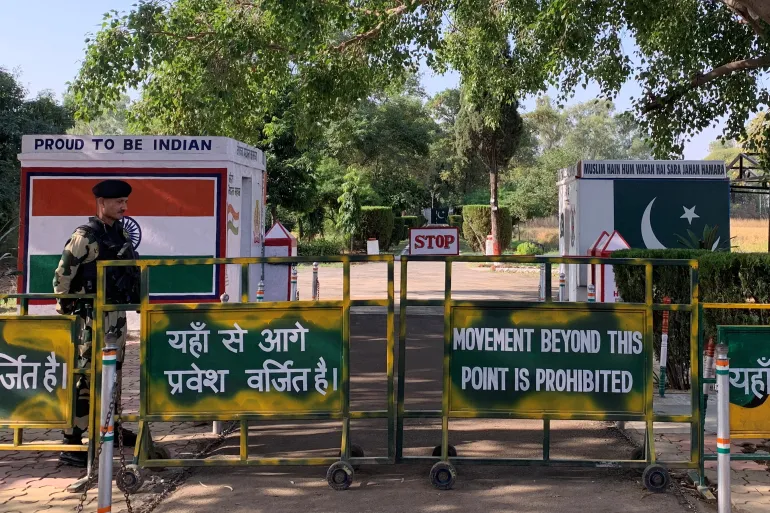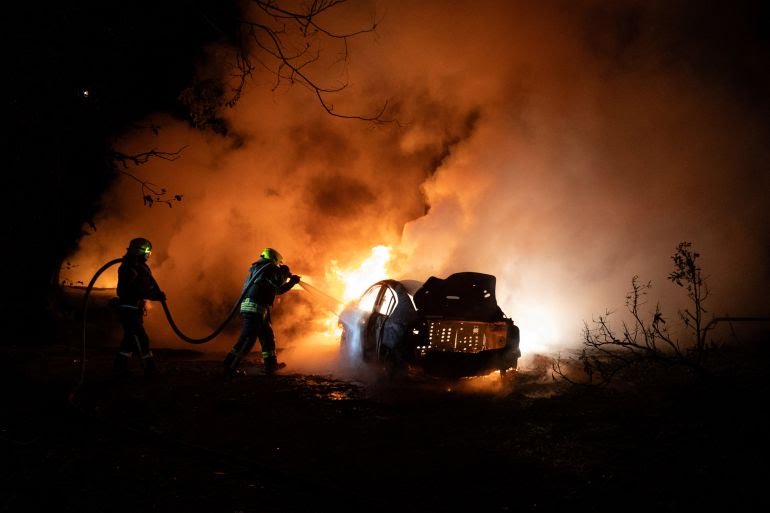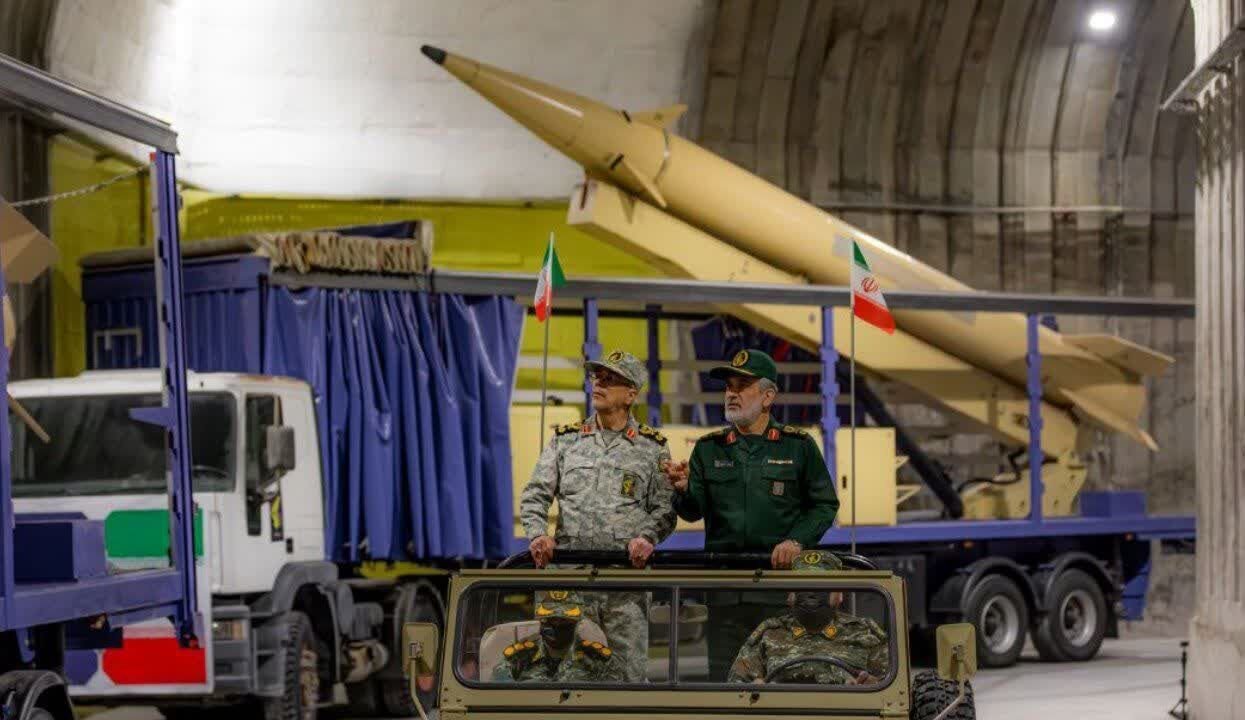Germany has accused Russia of using peace negotiations over Ukraine as a delaying tactic, warning NATO allies to remain vigilant and united as diplomatic overtures from Moscow continue without signs of real de-escalation. The comments, delivered by German Foreign Minister Annalena Baerbock on May 22, 2025, highlight growing skepticism in Berlin over the sincerity of Russia’s engagement in recent multilateral discussions.
“Russia is playing for time,” Baerbock said at a joint NATO press briefing. “We must not allow ourselves to be deceived by words without action.”
Her remarks follow a series of international talks involving Russia, Ukraine, the U.S., EU, and other allies, with discussions reportedly focusing on ceasefire mechanisms and humanitarian corridors. However, ongoing Russian attacks in eastern Ukraine have continued unabated, casting doubt on Moscow’s intentions.
🪖 NATO: No Relaxation of Security Posture
Baerbock emphasized that while Germany supports diplomatic channels, NATO must maintain a strong defensive posture, especially along its eastern flank. She reaffirmed Germany’s commitment to the alliance’s collective security principle and warned against easing military readiness based on “illusory progress at the negotiation table.”
NATO Secretary-General Jens Stoltenberg echoed her concerns, stating that recent Russian movements and hybrid warfare tactics suggest the Kremlin is “not negotiating in good faith.”
“We will judge Russia by its actions, not its announcements,” Stoltenberg said.
🇷🇺 Kremlin Dismisses Criticism
In response, Russian officials accused Germany of sabotaging peace efforts and promoting NATO militarism. The Kremlin said Berlin’s rhetoric undermines constructive diplomacy and reveals “a Cold War mindset.”
Russian Foreign Ministry spokesperson Maria Zakharova claimed that the West is creating false narratives to justify continued arms shipments to Ukraine, which Moscow views as a direct threat to regional stability.
🕊️ Talks Continue Despite Mistrust
Despite growing mistrust, diplomatic efforts are still underway. Representatives from the U.S., France, and Turkey have urged continued dialogue, particularly to address humanitarian issues and the safe return of prisoners of war.
Ukraine, meanwhile, maintains that any agreement must include a full Russian withdrawal from occupied territories, a demand Moscow has repeatedly rejected.
🔍 German Domestic Pressures
Baerbock’s firm stance also reflects domestic political pressures, as German voters remain wary of Russia’s aggression and critical of any perceived appeasement. Recent polls show strong support for Germany’s military aid to Ukraine and continued sanctions against Moscow.
Chancellor Olaf Scholz’s government has faced criticism from opposition parties for not pushing harder on sanctions enforcement and weapons deliveries, prompting Baerbock to adopt a more assertive tone on the international stage.
What to Watch
- Potential new EU or NATO sanctions if Russia’s offensive escalates
- Impact of Germany’s rhetoric on upcoming NATO summit
- Responses from Ukraine’s government on negotiation progress
- Russia’s military posture in Donetsk and Luhansk regions
- Continued U.S. and European arms shipments and security aid
As diplomatic overtures collide with battlefield realities, Germany’s warning reflects broader Western concerns that Russia’s negotiation strategy may be a smokescreen, designed to divide allies and prolong the war. For now, NATO remains cautious — and prepared.
Source; The Guardian



